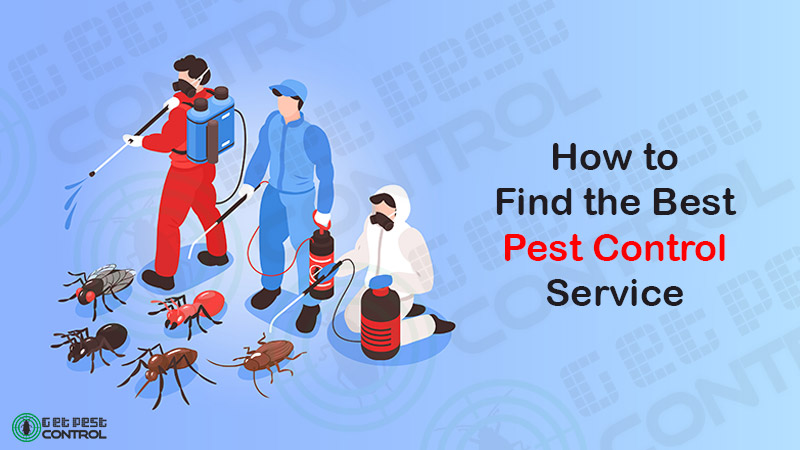Mosquitoes are not just annoying pests; they are also carriers of serious diseases like malaria, dengue fever, and Zika virus. For residents of Udaipur, dealing with mosquito infestations can be particularly challenging due to the region’s climate and landscape. One of the most effective methods to control these pests is through professional fogging services. This comprehensive guide will help you understand the process of mosquito fogging, its benefits, and why it is essential for effective pest control in Udaipur.
What is Mosquito Fogging?
Mosquito fogging is a pest control technique that uses a fine mist or fog of insecticide to kill mosquitoes. This method targets adult mosquitoes, reducing their population and thereby minimizing the risk of mosquito-borne diseases. The fog is typically applied using specialized equipment that disperses the insecticide in the form of tiny droplets, allowing it to penetrate hard-to-reach areas where mosquitoes hide.
The Process of Mosquito Fogging
- Assessment and Preparation: Before the fogging process begins, a thorough assessment of the area is conducted. This involves identifying mosquito breeding sites and determining the extent of the infestation. At RPCS, our pest control experts in Udaipur start with a detailed survey to customize the fogging process according to the specific needs of the area.
- Choosing the Right Insecticide: The choice of insecticide is crucial for effective mosquito control. The insecticides used in fogging are usually pyrethroids or organophosphates, which are known for their efficacy in killing mosquitoes. At RPCS, we ensure that the insecticides we use are safe for humans, pets, and the environment while being highly effective against mosquitoes.
- Fogging Equipment: The equipment used for fogging can vary, but the most common types are thermal foggers and cold foggers. Thermal foggers use heat to vaporize the insecticide, creating a dense fog that can cover large areas quickly. Cold foggers, on the other hand, use high pressure to create a fine mist. Both types of equipment are effective, and the choice depends on the specific requirements of the area to be treated.
- Application: The fogging process usually takes place during the early morning or late evening hours when mosquitoes are most active. The pest control team will systematically cover the entire area, ensuring that the fog reaches all potential mosquito hiding spots. This includes dense vegetation, stagnant water sources, and other areas where mosquitoes are likely to breed and rest.
- Safety Measures: Safety is a top priority during the fogging process. At RPCS, we take several precautions to protect residents, pets, and the environment. This includes informing residents about the fogging schedule, advising them to stay indoors during the process, and using insecticides that are approved for use in residential areas.
Benefits of Mosquito Fogging
- Immediate Reduction in Mosquito Population: One of the primary benefits of fogging is the immediate reduction in the mosquito population. This provides quick relief from mosquito bites and reduces the risk of mosquito-borne diseases.
- Long-Lasting Effect: While fogging primarily targets adult mosquitoes, it also helps in reducing the breeding population by disrupting their life cycle. This results in long-lasting mosquito control, making your surroundings safer for an extended period.
- Cost-Effective Solution: Compared to other mosquito control methods, fogging is a cost-effective solution, especially for large areas. It requires less labor and time, making it a preferred choice for both residential and commercial properties.
- Versatility: Mosquito fogging can be applied in various settings, including residential areas, commercial properties, parks, and public spaces. This versatility makes it an ideal solution for different environments.
Why Choose RPCS for Mosquito Fogging in Udaipur?
When it comes to pest control in Udaipur, RPCS stands out as a trusted and reliable service provider. Our expertise in mosquito control, combined with our commitment to using safe and effective methods, makes us the preferred choice for Fogging Service For Mosquito Here are a few reasons why you should choose RPCS:
- Experienced Professionals: Our team consists of highly trained and experienced professionals who understand the unique challenges of mosquito control in Udaipur. They use their expertise to deliver effective and customized solutions.
- Advanced Equipment: At RPCS, we use state-of-the-art fogging equipment that ensures efficient and thorough application of insecticides. Our equipment is regularly maintained and upgraded to meet the highest standards of pest control.
- Eco-Friendly Approach: We are committed to protecting the environment while delivering effective mosquito control. The insecticides we use are environmentally friendly and approved for use in residential areas.
- Customer Satisfaction: Customer satisfaction is at the core of our services. We work closely with our clients to understand their needs and provide solutions that meet their expectations. Our prompt and reliable service ensures that you get the best value for your investment.
Conclusion
Mosquito fogging is a proven and effective method for controlling mosquito populations and reducing the risk of mosquito-borne diseases. By understanding the process and benefits of fogging, you can make an informed decision to protect your home and family. For residents of Udaipur, RPCS offers professional fogging services that are tailored to meet your specific needs. With our expertise, advanced equipment, and commitment to safety, we ensure that you can enjoy a mosquito-free environment all year round. Choose RPCS for reliable and effective pest control in Udaipur.

